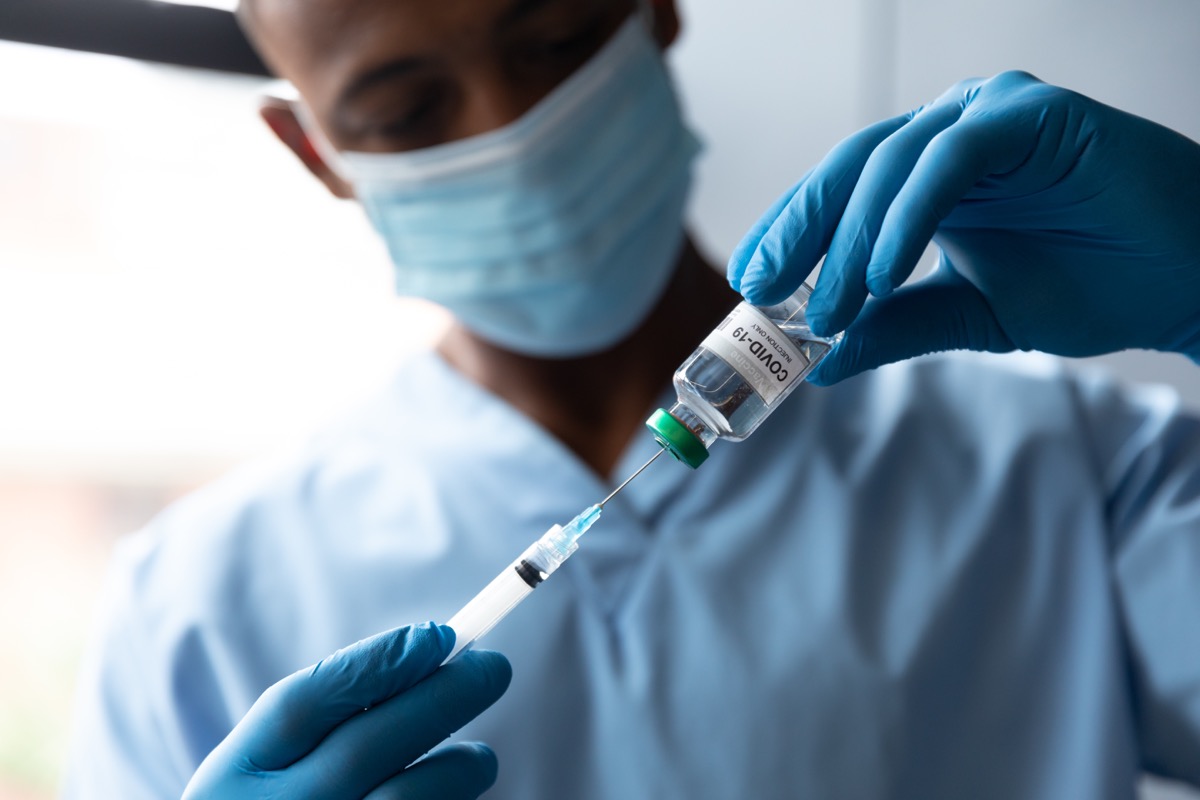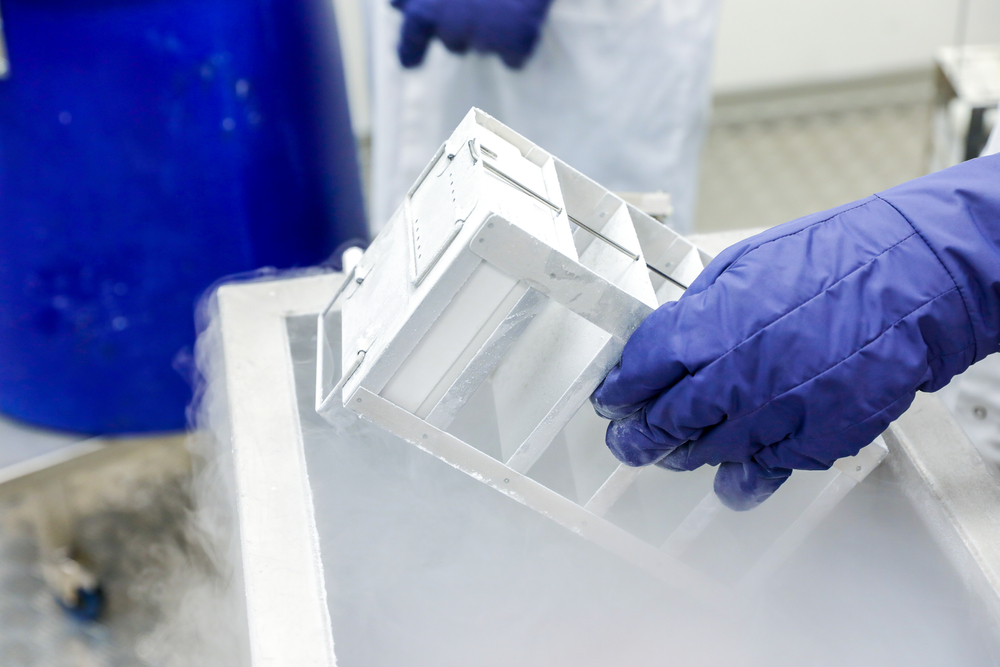The FDA announced on Feb. 24 that it officially endorsed Johnson & Johnson’s vaccine, setting it up for likely approval for emergency use authorization when the FDA’s Vaccines and Related Biological Products Advisory Committee meets on Feb. 26. The agency coupled its announcement with the release of new documents, including its technical analysis of the vaccine’s 45,000-person clinical trial. The analysis found that no cases of severe allergic reaction or anaphylaxis were reported during the trial, unlike those of Moderna and Pfizer, which have seen very rare instances in its recipients. It also found that while the most common side effects were still fatigue, headache, fever, muscle aches, and nausea, Johnson & Johnson’s vaccine produced noticeably milder side effects than the existing two, The New York Times reports. And for more vaccine news you should know, check out The CDC Says Don’t Do This Within 2 Weeks of Your COVID Vaccine. The agency’s analysis also offered a better look into the vaccine’s most essential function. The shot showed an efficacy rate against symptomatic COVID of 72 percent in the United States, 66 percent in Latin America, and 66 percent in South Africa—where the mutated B.1.351 variant of the virus had raised concern for potentially being able to evade vaccines’ effectiveness, CNBC reports. But data also showed that the effectiveness of the vaccine was very favorable in terms of outcome. “We know this vaccine prevents 85 percent of the severe disease … It was 100 percent effective in preventing hospitalization and deaths, and that’s really what’s important,” Nancy M. Bennett, MD, a professor of medicine and public health sciences at the University of Rochester School of Medicine and Dentistry, told The Washington Post. “Those facts are the most important thing to recognize.” And for more on what you can go back to doing post-shot, check out Dr. Fauci Says It’s Safe for You to Do This Once You’re Vaccinated. Besides being a single-dose immunization, Johnson & Johnson has also reported that its vials of vaccine can ship and be stored at standard refrigerating temperatures of 36 to 46 degrees Fahrenheit for at least three months. This is in stark contrast to Pfizer’s and Moderna’s vaccines, which must be stored between -112 and -76 degrees Fahrenheit and -13 to 5 degrees Fahrenheit, respectively. And for more COVID news sent directly to your inbox, sign up for our daily newsletter. Officials have long heralded the Johnson & Johnson vaccine’s eventual approval—which could come as early as Friday—as a major relief to the strained vaccine rollout program. And while the initial shipment of nearly four million doses is roughly a third of the 12 million it initially promised upon approval, executives assured that 100 million doses would be ready by the end of June to fulfill the company’s promise, The New York Times reports.ae0fcc31ae342fd3a1346ebb1f342fcb “With a J&J vaccine, we’ll be able to accelerate the vaccine rollout for our country and for the world,” Dan Barouch, MD, a virologist at Beth Israel Deaconess Medical Center in Boston who led early research on the vaccine, told The Times. And for more on where you could get your shot, check out You’ll Be Able to Get Vaccinated at Any Walgreens by This Date.



